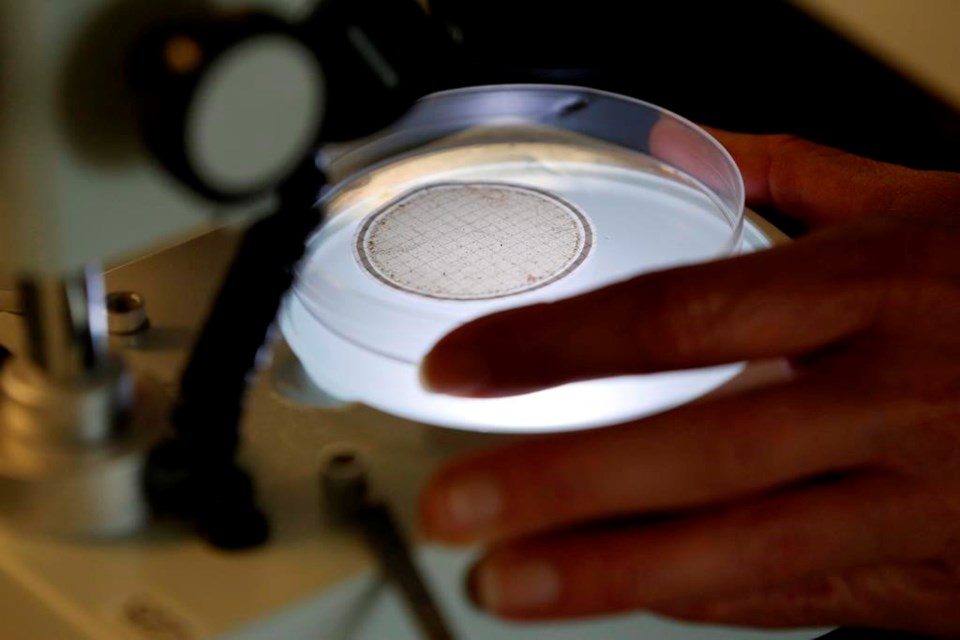A survey of hundreds of scientists has found nearly one in 10 say they have experienced political or workplace pressure to alter their findings.
The survey in a newly published research paper says the situation is better than it used to be but still occurs — particularly to environmental scientists, young scientists or those from marginalized communities.
Lead author Manjulika Robertson, a researcher at Dalhousie University in Halifax, says interference with scientific research can come in many ways, such as pressure to change results, restrictions on funding or communication with media.
She says almost all of the 741 respondents in her paper have experienced one of those constraints at some point in their careers.
Robertson says not all interference is sinister — scientific curiosity may not match the goals of the organization for which the researcher works.
However, she says restrictions on scientific communication harms Canada's ability to discuss issues and make effective policy.
This report by The Canadian Press was first published Nov. 20, 2023.
The Canadian Press




